
Preparing Humanities Degrees for the Job Market
A college education used to be synonymous with ‘liberal arts’, back in a time when only the very upper echelons of society would (or could) pursue a degree at university. Philosophy, linguistics, history, and literature would prepare the young men (and they were almost always men) to be engaged and thoughtful members of society. A college education, in other words, was rarely a springboard into a specific vocation—a student could study the classics all he wanted and not worry about getting a job in that field. Today’s job market not only often demands a college education but also requires technical or professional degrees for an ever-increasing proportion of careers.
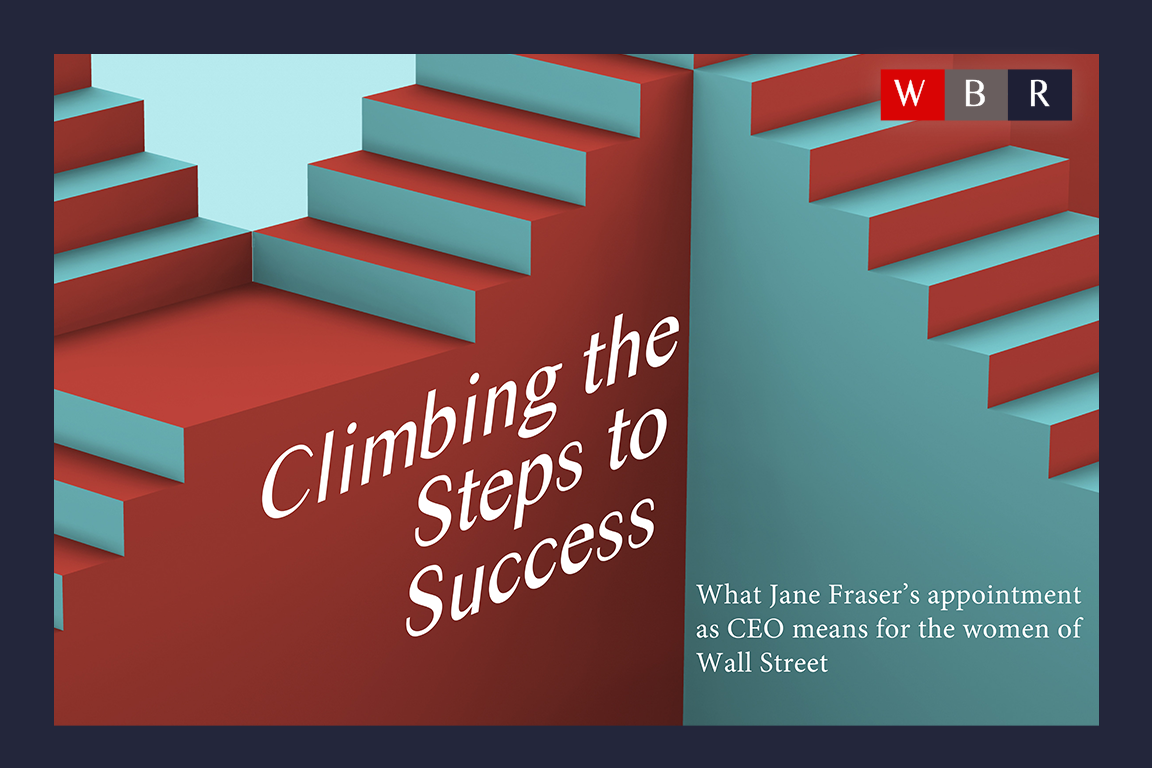
Climbing the Steps to Success
When news broke that Jane Fraser was named Citi’s CEO, many celebrated, and rightfully so; the first woman to ever lead a top bank on Wall Street seemed to break the glass ceiling and prove to the public that Wall Street was not the stereotypical male-dominated locker room it once was (Fortune, 2020).But are these appointments truly indicative of a new era for Wall Street? How much progress has Wall Street actually made in making room for underrepresented groups? And what steps are we not addressing yet?
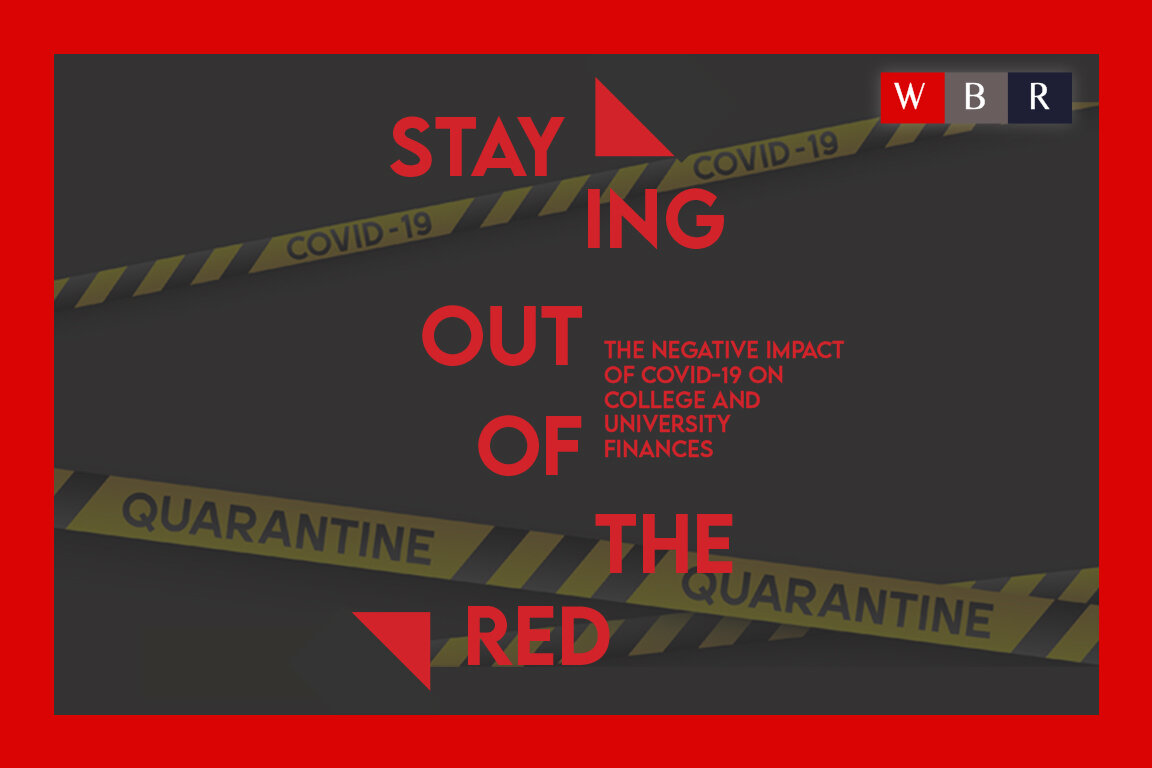
Staying Out of the Red
As an incoming freshman at Wesleyan University, I never realized how my decision to study on-campus, study remotely, or to take a gap-year would have impacts that extended beyond my learning...Since the start of the pandemic in early 2020, around the same time I was receiving my Wesleyan ED2 acceptance letter, schools began to close and financial losses began to occur.
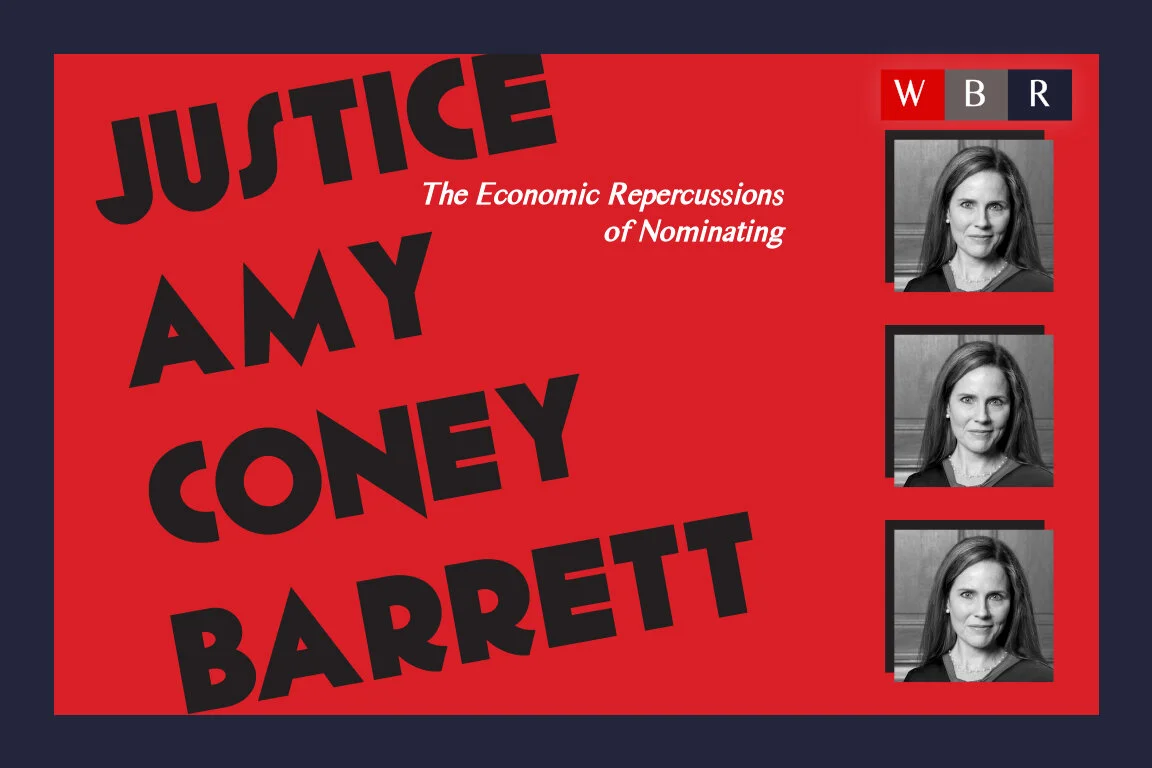
The Economic Repercussions of the Nomination of Judge Amy Coney Barrett
Unlike the death of Justice Antonin Scalia in April of 2016, Justice Ginsburg died less than two months before the 2020 presidential election. This impasse reveals the double-standard between the political cancer in the United States, where a conservative justice’s seat was forced to be kept open, where a liberal lion’s seat was replaced at more than deliberate speed. Along with all of the structural and the political effects, there are profound economic effects of this nomination as well, in regards to women’s health and financial records cases.
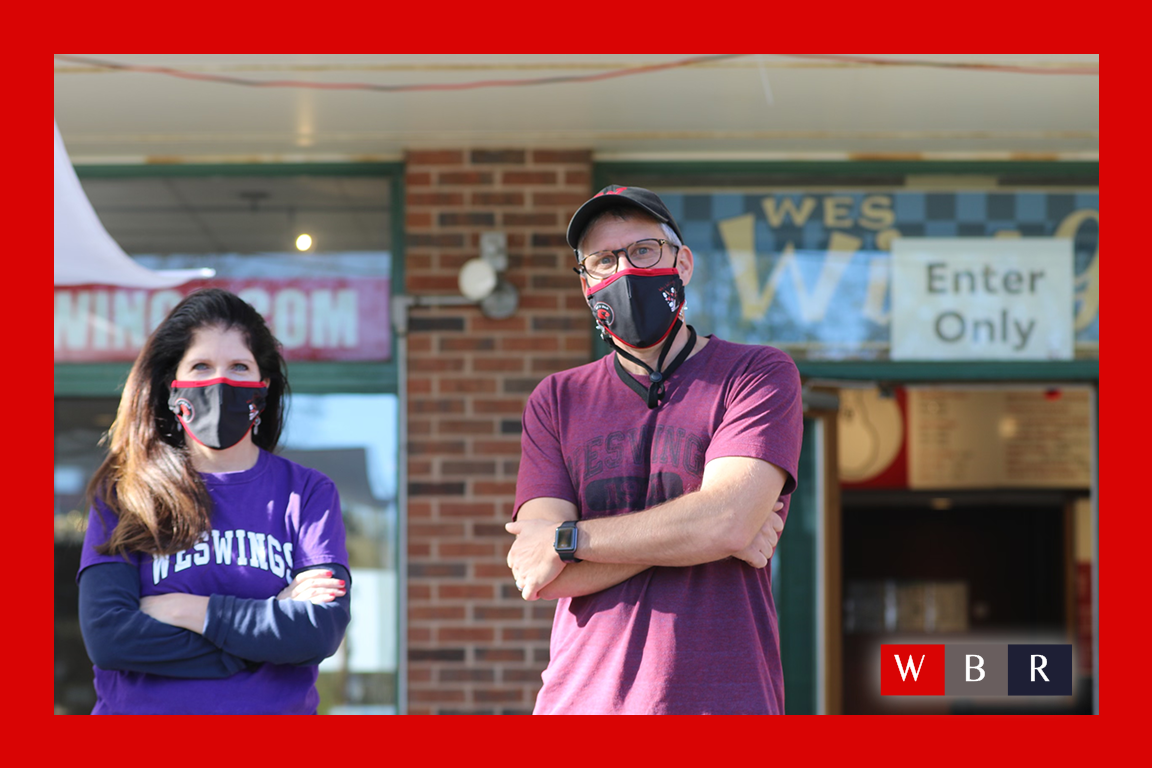
All Hands on Deck
With Swings entering its thirtieth year on campus, Kaffen-Polascik says that COVID-19 has “Definitely been the number one challenge we’ve had since we’ve been in business.”
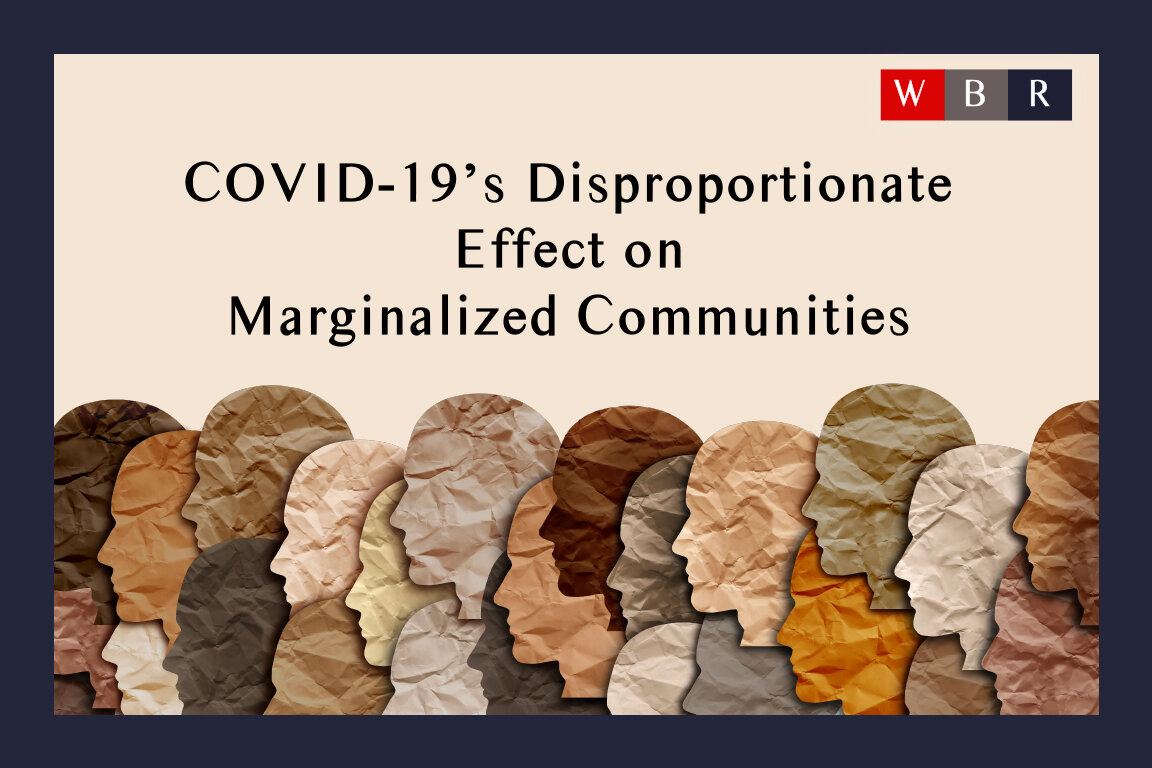
COVID-19 and its Disproportionate Effect on Marginalized Communities
The associated economic shutdown due to the pandemic has created a dire predicament for millions of workers. Nonetheless, emerging evidence of skewed employment compositions and lower financial resources show that marginalized communities—namely the Black and Hispanic communities—have been disproportionately burdened by the adverse economic impact of the virus. The economic consequences not only exacerbate existing inequalities but also increase the risk of infection and death amongst these individuals.

